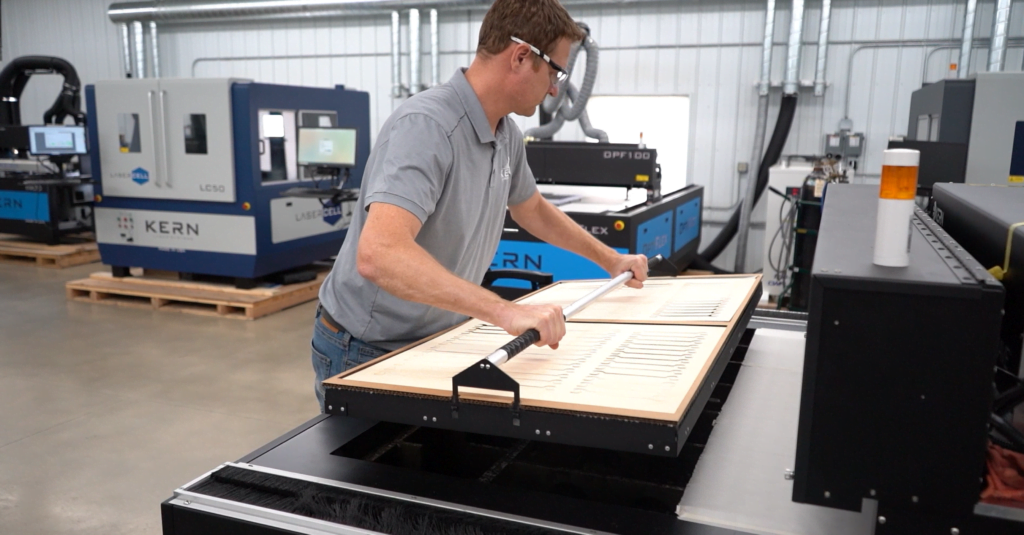
Discover the Versa-Tray System
In this post, we’ll discuss how our new parts handling system process can increase speed and efficiency in your business.

In this post, we’ll discuss how our new parts handling system process can increase speed and efficiency in your business.
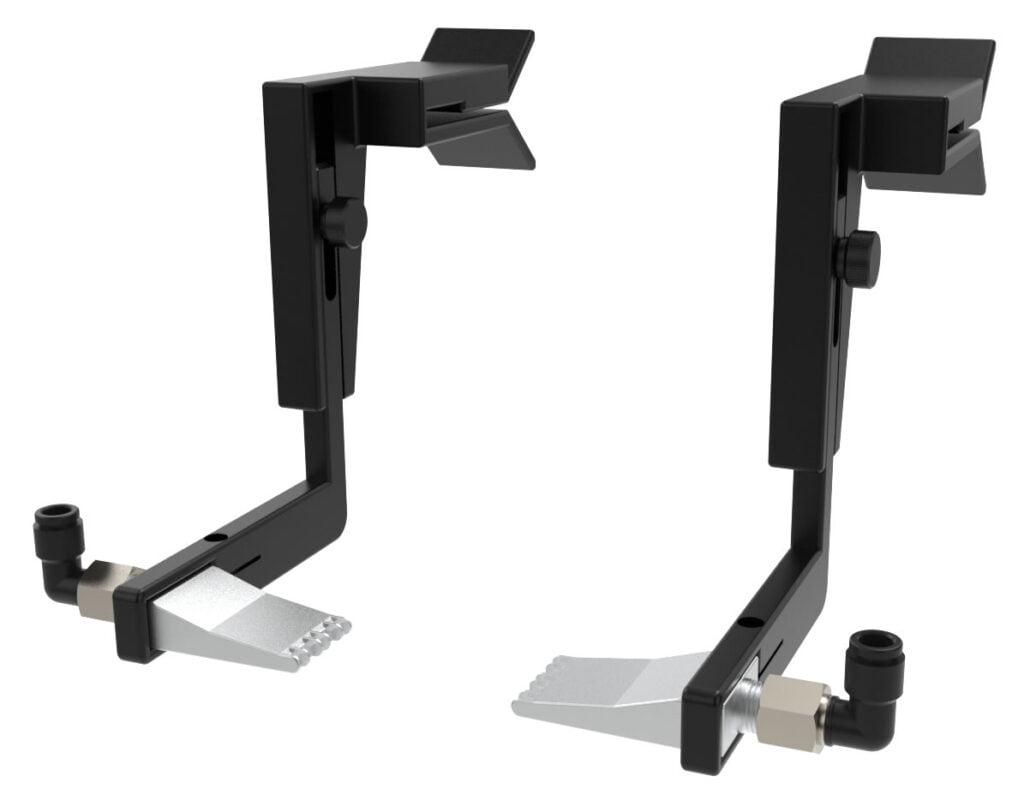
In this post, we’ll discuss achieving that perfect, fire-polished edge on acrylic sheets with the Fire Warden.

Kern Laser Systems was announced as a 2024 Minnesota Manufacturing Awards honoree by the Minneapolis St. Paul Business Journal. The Business Journal will feature all 2024 honorees in the July 19 Minnesota Manufacturing Awards special section.
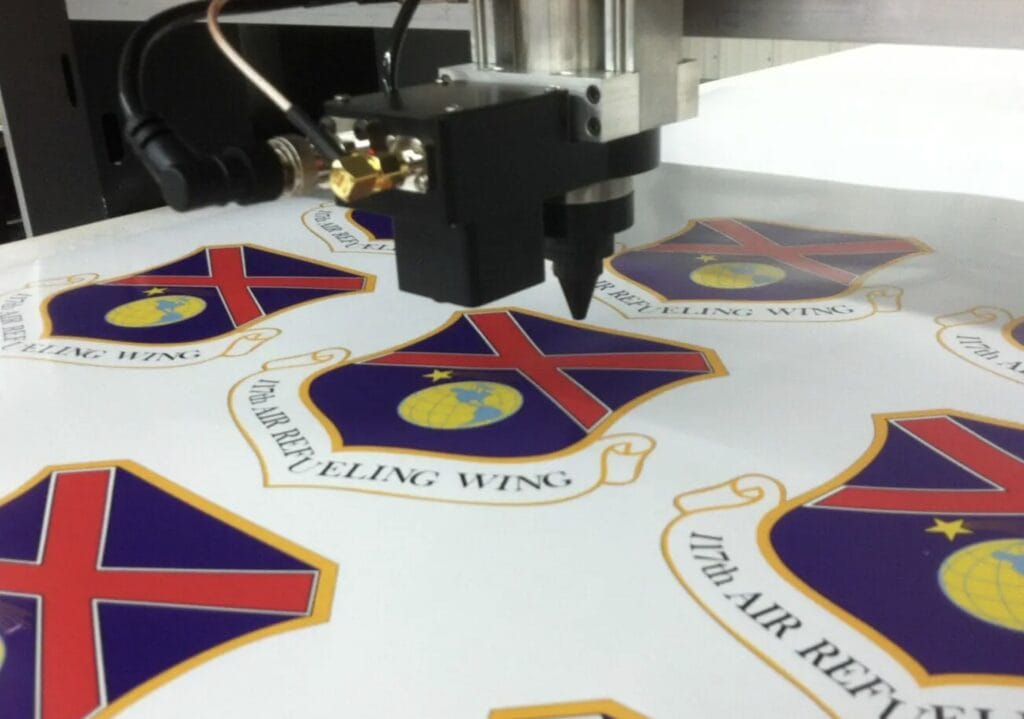
In this post, we’ll offer some guidance on the features that contribute most to a laser’s versatility.
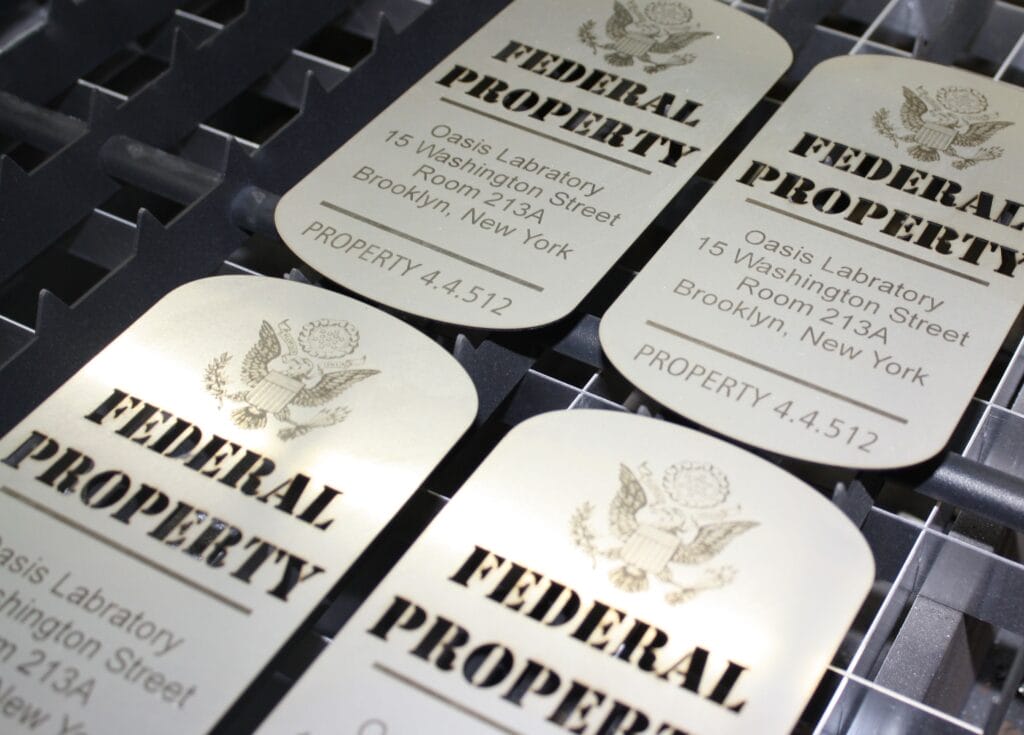
According to Digital Journal, paraphrasing a Market Research Future analysis, the laser cutting machine market is on track to reach a nearly $6 billion value by 2030. Growth in the industry is driven by a number of factors, including growth in several manufacturing sectors that rely on laser cutting. At the local scale, we see trends among our customer base too. In this post, we’ll
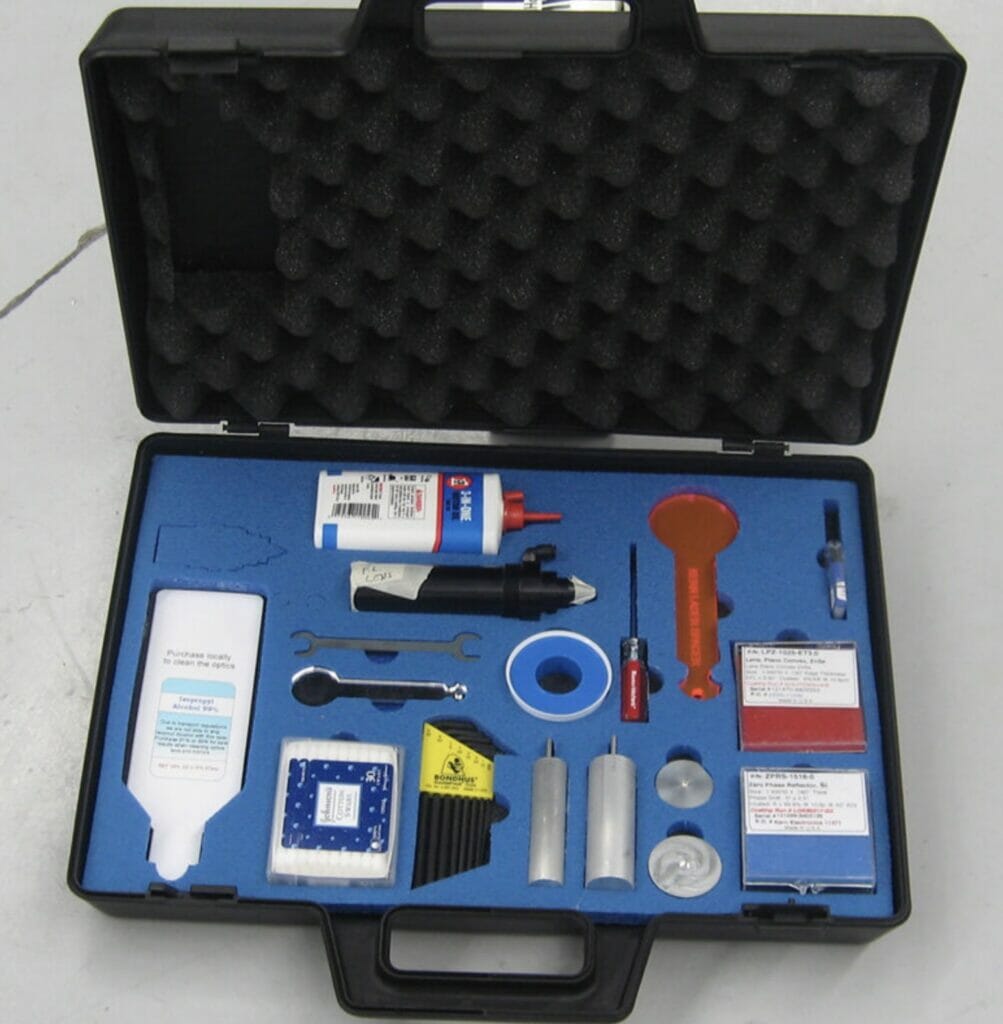
Foam is one of the easiest materials to cut with a laser cutting machine, and Kern laser systems are some of the best machines you can buy for cutting foam.
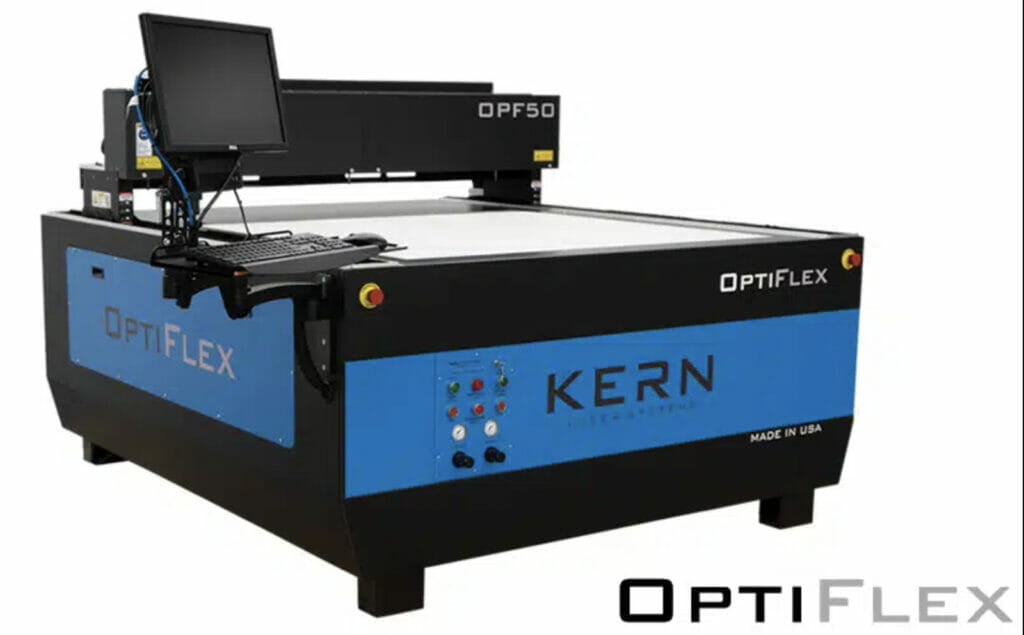
Our KCAM software offers a solution to this problem with its dynamic power ramping capability so your materials never have over-burn, discoloration, or other unwanted cutting artifacts. Learn more.
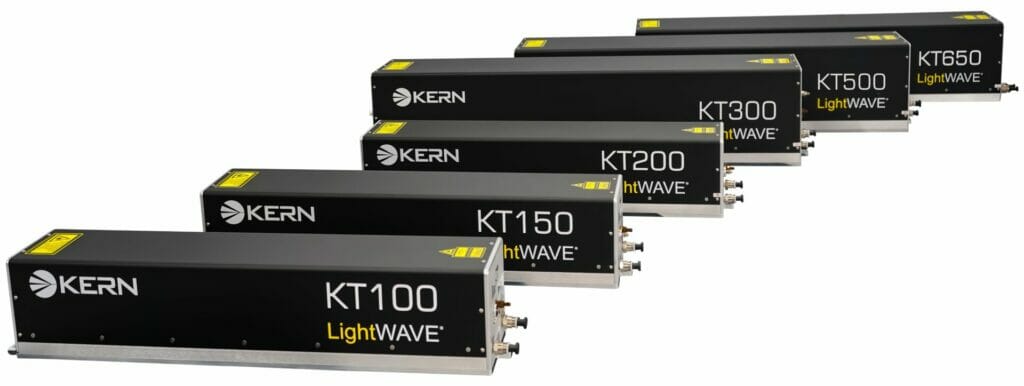
A key element of this flexibility is the ability of all Kern laser systems to operate in a super pulsed mode, during which the laser peak power will greatly exceed its rated average output wattage.
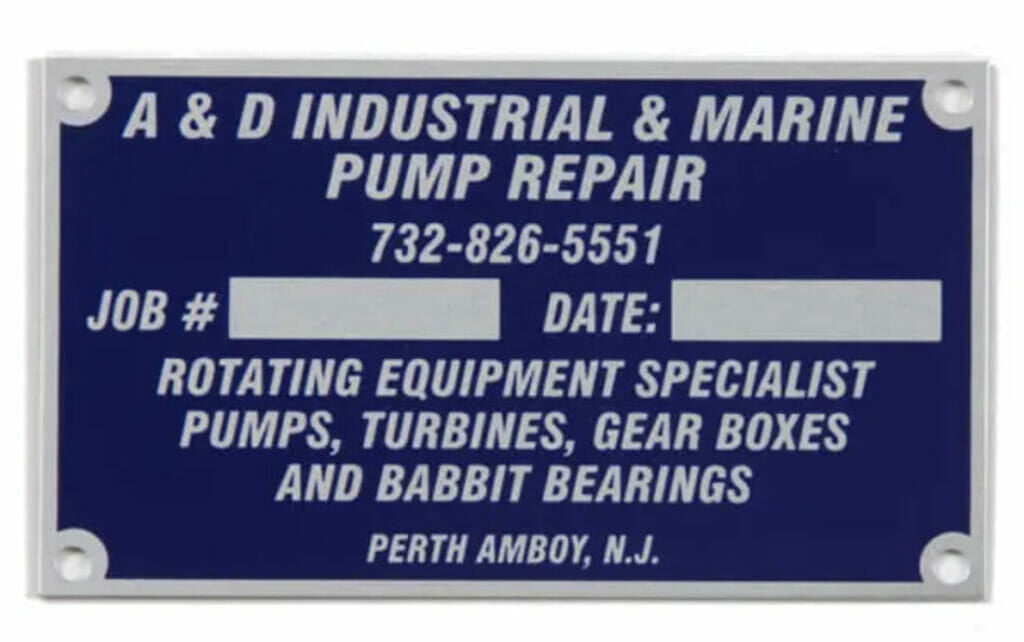
A common application for laser cutting machines is cutting and etching metal and plastic plates for ID nameplates and labels. Laser processing offers the user tremendous time savings over manual processes in this area, and our laser systems are excellent choices for this kind of work.
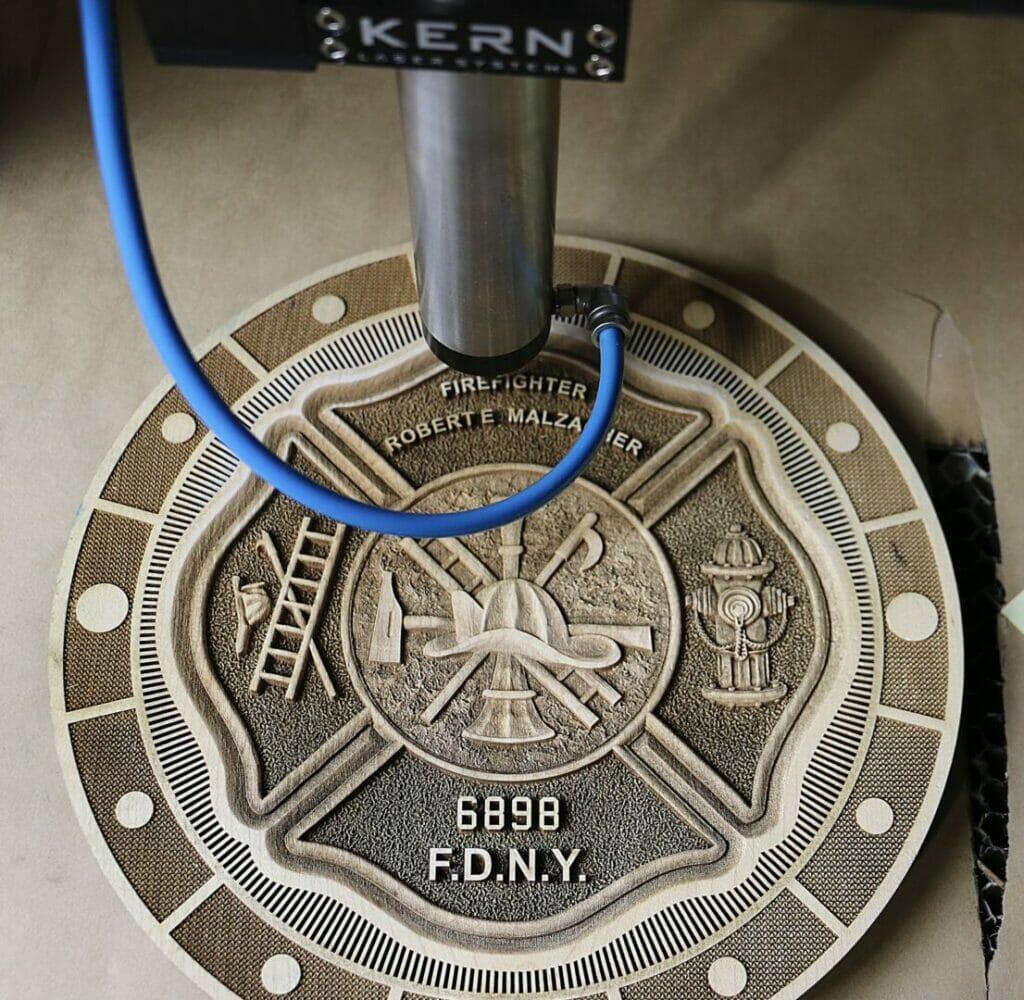
“There are many things that make our business unique, but the personalization we offer as a one-on-one type of service really stands out,” shared Tom Malzacher, owner. “I do many things on my Kern machine as well as 3D engraving, which is not offered in many places.”
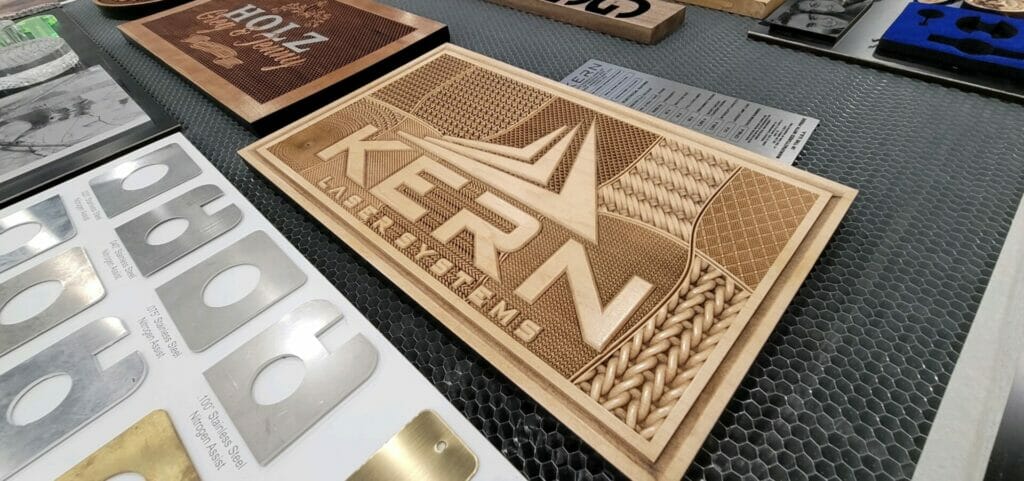
In CO2 laser systems, there are two common types of power supply that can be used to excite the gas molecules in the laser module: direct current (DC) and radiofrequency (RF). In this article, we’ll take a look at the differences between these two power supply types.

We have 8 Kern machines now – they’re an integral part of our business,” shared owner Ben VandenWymelenberg. “Using their systems, Kern allowed us to create new products in new verticals and ultimately, diversify our business. If I had to describe them in just a few words it’d be reliable, responsive, and…”